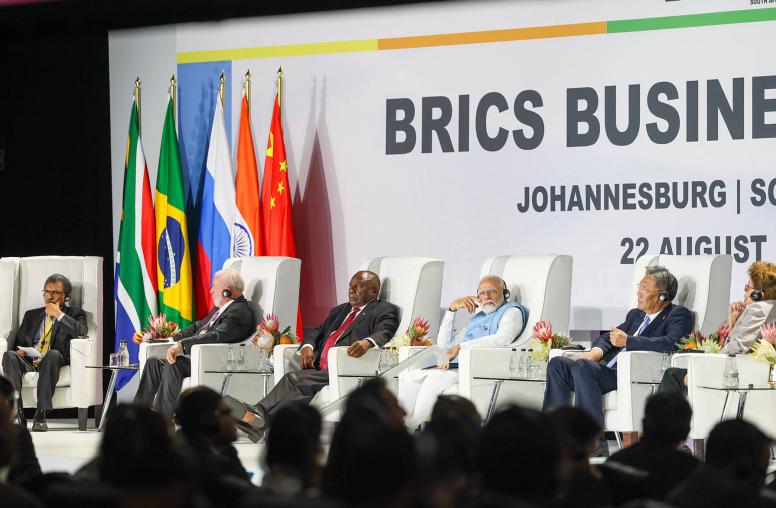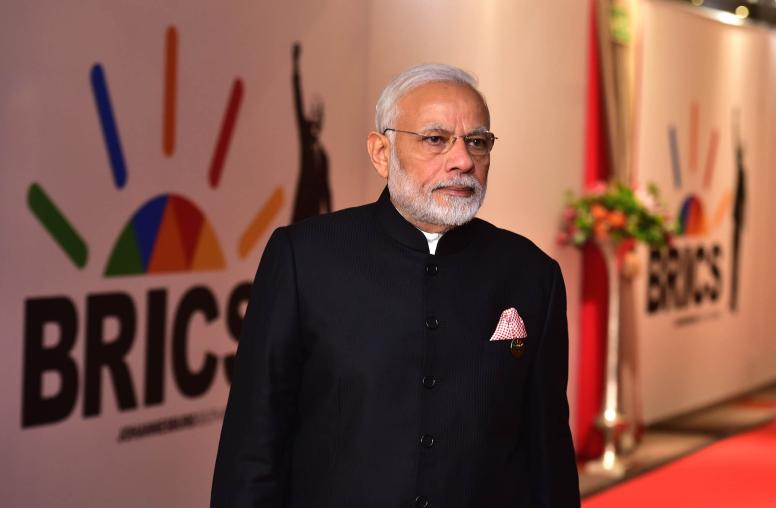The Kashmir Conflict: A Year of Tumult
Assessing the Impact of India’s Consolidation of Power in Jammu & Kashmir
Read the event coverageLast August, India shook up the regional status quo by altering the Indian state of Jammu and Kashmir’s constitutional status—splitting it into two separate union territories, overturning previous semi-autonomy provisions, and revoking statehood. The move has reverberated both domestically, as Indian paramilitary forces have been deployed and political leaders detained; as well as externally, as neighboring Pakistan has rejected the Indian move to consolidate control over the disputed territory. Recent reports have also highlighted alleged human rights violations in the past year.
Two new reports from the U.S. Institute of Peace look at the implications of India’s Kashmir policy over the last year.
USIP hosted a conversation with the authors, focused on the tensions between India and Pakistan and prospects for resolving the bilateral dispute, as well as the domestic Kashmiri resistance and both the violent and non-violent movements within Kashmir that may challenge Indian attempts to reshape Kashmir’s status.
Join the conversation on Twitter with #KashmirAYearOn.
Speakers
Happymon Jacob
Associate Professor, Jawaharlal Nehru University
Sameer Lalwani
Director, Stimson Center South Asia Program
Tamanna Salikuddin, moderator
Director, South Asia Programs, U.S. Institute of Peace



